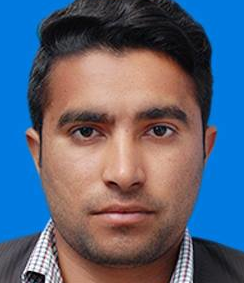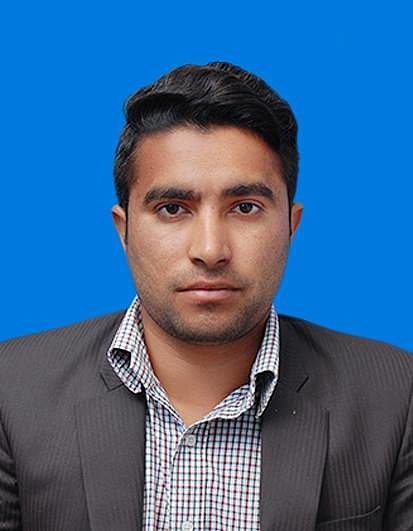خلاصہ
Summary of Role:
To work as part of a Registered Nurse-led team of Specialist Carers (Children’s Healthcare Assistants).
To undertake appropriate training and assessment of competence and to work unsupervised in tasks
following training and assessment of competence.
To work evening, night and weekend shifts as well as day sessions covering term and holiday times as
directed by a Nurse Team Leader to meet the needs of children, young people and families.
• Under the supervision of a Nurse Team Leader provide holistic, clinical and non-clinical care and
support to children and young people with life limiting or life threatening conditions and their families.
• To provide holistic, clinical and non-clinical care and support across a range of settings including
community and residential hospice.
• To work in collaboration with other services providing holistic, clinical and non-clinical care and support
to children, young people and their families.
Principal Responsibilities:
• To ensure that holistic, clinical and non-clinical care is child, young person and family centred, needs
led, evidence-based and meets all statutory requirements.
• Following a child or young person’s care plan and working in partnership with families, implement
holistic, clinical and non-clinical care delivery to meet the diverse and individual needs of children and
young people, reporting back to the wider Care Team, Referral Panel and Pathway Meetings as
appropriate.
• To support the general well-being and development of the child or young person in their care.
• To deliver, when appropriate, care at the end stages of life or post death, working with internal and
external multi-disciplinary colleagues.
• To contribute to the management of a caseload of children and young as directed by a Nurse team leader ensure that all risks associated with care delivery relevant to the care setting are assessed and
managed effectively and that all incidents, accidents.
پراجیکٹس
تجربہ
Anesthesia and intensive care technologist.
1.Anesthesia technicians support anesthesiologists, anesthesiologist assistants, nurses and other members of anesthesia care teams. Their main duty is maintaining anesthesia equipment. While many people consider anesthesia technology their career, aspiring anesthesiologists, anesthesiologist assistants and Certified Registered Nurse Anesthetists sometimes start out as anesthesia technicians to gain experience working with anesthesia equipment and other anesthesia professionals.
2.Job duties might vary by an anesthesia technician's skill level, as well as the state and type of facility in which he or she is employed. In general, anesthesia technicians clean, sterilize, test, calibrate and troubleshoot anesthesia equipment, as well as keeping records of equipment inspections. More advanced duties might include transporting patients to surgery, explaining procedures to patients and operating equipment, such as electronic and pneumatic devices, that monitors patients who are under anesthesia.
3.ICU Experience.
The role involves cleaning, servicing and calibrating equipment, setting up and operating it, monitoring it during use and regularly checking readings. The types of equipment used include:
blood analysers which measure biochemical factors
ventilators which help patients breathe
haemofiltration and other life support machinery
defibrillators and monitors which measure vital body functions such as heart rate, blood pressure and brain activity
infusion pumps and syringe drivers which deliver drugs to patients.
Technicians advise staff and provide training on the use of the equipment. Other tasks include dealing with sales representatives, ordering equipment and consumables such as medical gases and fluids from the pharmacy, and routine administration tasks such as processing related invoices and paperwork. They may be responsible for quality control, management of relevant equipment and for organising the on-call rotas of other technical staff.








